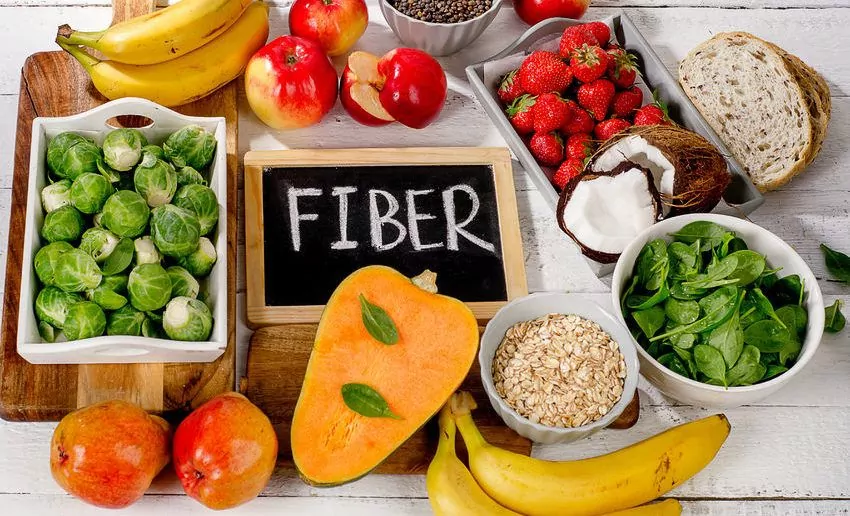Weight control. Fibrous foods contribute to energy and promote a feeling of fullness as they soak up the water. A diet high in fiber-rich foods can support weight loss if those foods relocate concentrated fats and sweets.
Constipation, hemorrhoids, and diarrhea. Fibers that draw the water into the digestive tract soften stools and alleviate constipation and hemorrhoids. Other fibers assist in solidifying watery stools.
Appendicitis. Fiber keeps the structure of the intestinal tract moving easily, which helps avoid bacterial infection.
Diverticulosis. Fiber arouses the muscles of the digestive tract so that they keep their health and tone; this prevents the muscles from becoming feeble and bulging out in places, as they do in diverticulosis.
Colon cancer. Fiber increase the speed of the passage of food materials through the digestive tract, thus helping to prevent contact of the tissue to cancer-causing agents in food.
Heart disease. Some fibers attach cholesterol compounds and carry them out of the body with the feces, thus decreasing the body’s cholesterol concentration and probably the risk of heart disease.
Diabetes. Some fibers advance the body’s handling of glucose, perhaps by slowing down the digestion or absorption of carbohydrate.
